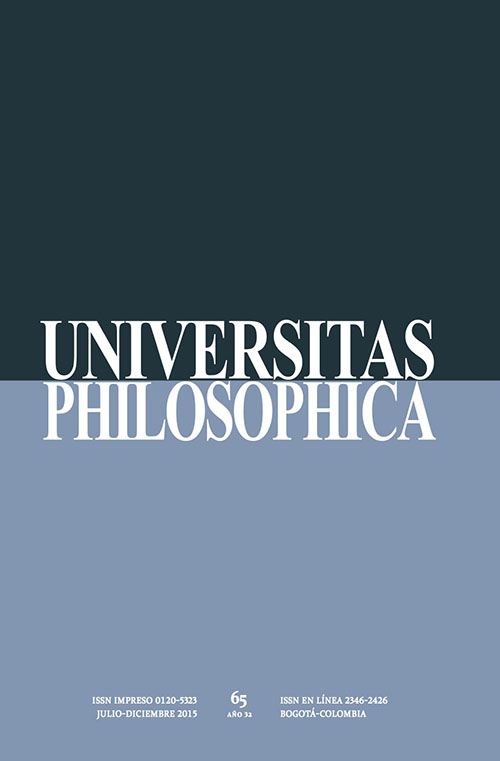Abstract
This text corresponds to Lectio Inauguralis of our Faculty in the first academic semester of 1988. Its aim is to show, from theoretical consciously assumed suppositions and through concrete achievements, some lines of research that can make intelligible the process followed in Latin America by the philosophy of explicitly Christian inspiration. It seeks, first of all, to bring to light what is theoretical and vitally at stake in each of the most significant moments of this process. Some philosophical figures are also highlighted as illustrative examples.
After some brief reflections that try to define the meaning of the terms “Christian Philosophy in Latin America”, the development of this philosophy is exposed from the 18th century up to the present time.
The text preserves its original form, with no references and subtitles. Only a summary bibliography has been added.
This journal is registered under a Creative Commons Attribution 4.0 International Public License. Thus, this work may be reproduced, distributed, and publicly shared in digital format, as long as the names of the authors and Pontificia Universidad Javeriana are acknowledged. Others are allowed to quote, adapt, transform, auto-archive, republish, and create based on this material, for any purpose (even commercial ones), provided the authorship is duly acknowledged, a link to the original work is provided, and it is specified if changes have been made. Pontificia Universidad Javeriana does not hold the rights of published works and the authors are solely responsible for the contents of their works; they keep the moral, intellectual, privacy, and publicity rights.
Approving the intervention of the work (review, copy-editing, translation, layout) and the following outreach, are granted through an use license and not through an assignment of rights. This means the journal and Pontificia Universidad Javeriana cannot be held responsible for any ethical malpractice by the authors. As a consequence of the protection granted by the use license, the journal is not required to publish recantations or modify information already published, unless the errata stems from the editorial management process. Publishing contents in this journal does not generate royalties for contributors.


